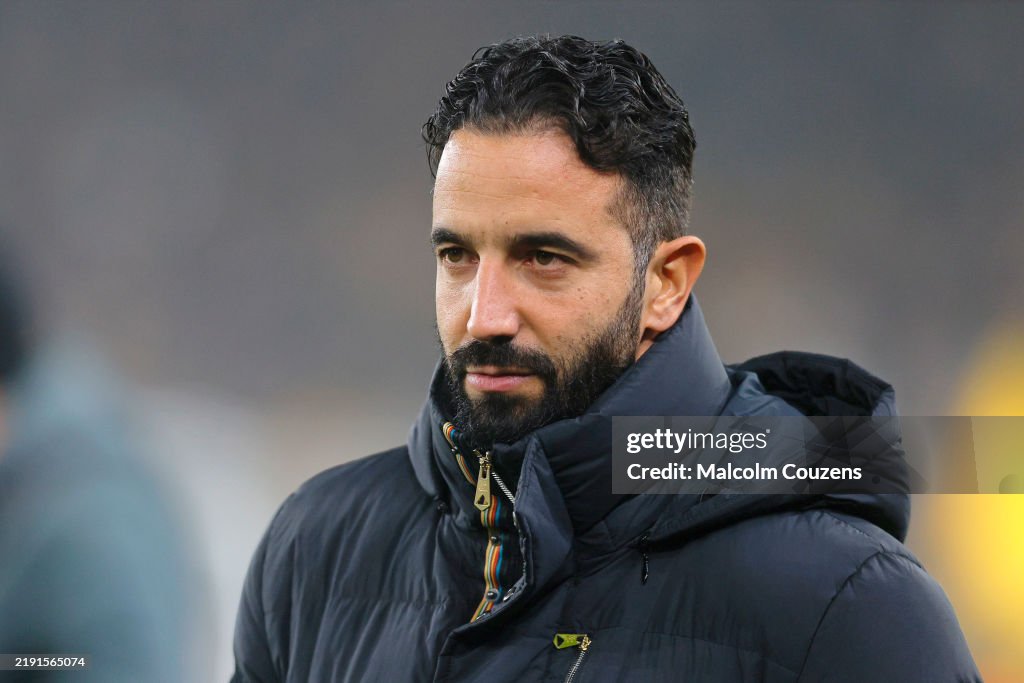According to manager Pep Guardiola, Manchester City is facing an injury crisis. The Spaniard sees his players dropping like flies. He compared the football calendar to the NBA calendar but highlighted one important difference.
Pep Guardiola started his pre-match press conference for the upcoming Champions League clash against Sporting Portugal with what has become a ritual in recent times: a rundown of Manchester City’s injury list.
Injuries have plagued the squad, and Guardiola’s briefing painted a clear picture of the challenges they face. The coach provided a quick but telling update: Rodri, Oscar Bobb, Rúben Dias, Jack Grealish, and John Stones are confirmed to be out, while key players like Kyle Walker, Nathan Aké, Manuel Akanji, Jérémy Doku, and Savinho remain doubtful for the game. Despite these setbacks, Guardiola reassured fans that Erling Haaland is fit and ready, and he shared some encouraging news about Kevin De Bruyne, who is finally back to training without any pain a hopeful sign amid the mounting challenges.
Guardiola then addressed a topic that he has been vocal about for some time: the relentless fixture congestion that he believes is at the root of his team’s injury struggles. For him, drawing attention to the schedule’s demands is essential, as he feels it’s the only way to push for change. This time, he underscored his point by drawing a comparison with the NBA: “In previous seasons, we already played a lot of matches. But with the Club World Cup added, it could be more than seventy. That’s just like the NBA. But the NBA has four months of vacation. We have three weeks. That’s an important difference.”
By comparing football’s schedule with that of professional basketball, Guardiola highlighted a crucial disparity: while NBA players have a lengthy offseason to recover and rebuild, footballers barely get a break before a new season starts. This, he argued, has a significant impact on player welfare and long-term fitness. With more matches being crammed into an already packed schedule, especially with international commitments, player recovery time has been squeezed even further. Guardiola’s remarks were pointed, as he emphasized the consequences of this cycle: “This happens season after season. That’s how you end up with injuries. It makes it difficult to overcome this injury crisis.”
For Manchester City, the toll of this intense schedule is already visible. The team’s injury crisis has had an impact on their recent performance, leading to two consecutive losses a rare occurrence for the reigning champions. Guardiola acknowledged that such results might take some getting used to for fans who are accustomed to seeing City dominate week in, week out. He was candid about the expectations placed on his team: “I know people expect us to win 38 matches each season by 5-0 and take the Treble because that’s our standard. But that’s not going to happen. The level in the Premier League keeps getting higher, truly unbelievable.”
Guardiola went on to elaborate on the evolving competitiveness of the Premier League. With each season, the standard of play across the league rises, with top clubs constantly strengthening their squads and mid-table teams becoming harder to beat. Guardiola’s comments underline a reality he faces: that City’s dominance cannot be taken for granted. While they’ve set an extraordinarily high bar, sustaining such performance levels becomes increasingly challenging as other teams continue to close the gap.
Beyond the immediate concern of injuries and recent defeats, Guardiola’s comments reflect a broader frustration with the demands placed on elite players in modern football. The pressure to perform at the highest level every few days, combined with the lack of adequate recovery time, creates a scenario where players are almost set up to face physical breakdowns. His call for a reconsideration of the football calendar speaks to a larger issue in the sport, where the commercial and entertainment demands often overshadow considerations for player health and sustainability.
For now, City faces an uphill battle. As they prepare for their Champions League match, they’ll have to rely on a roster strained by injuries and fatigue. Guardiola’s realistic and forthright outlook reminds fans of the challenges behind the scenes, as the club grapples with the physical demands of the season while striving to maintain its high standards. The coach’s message serves as both a rallying cry for his team and a caution to fans: while City will continue to push for excellence, the road to success is lined with hurdles that can’t be ignored.








